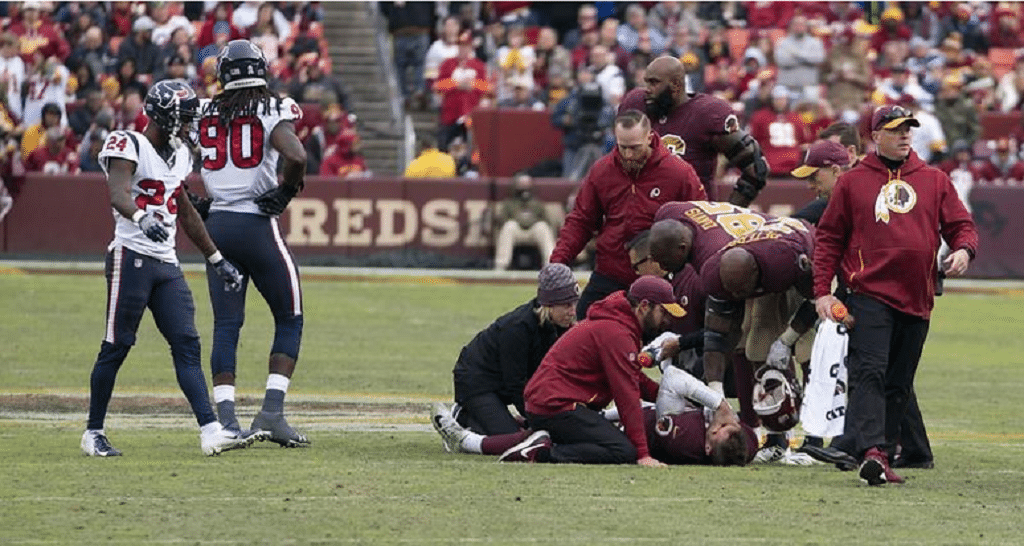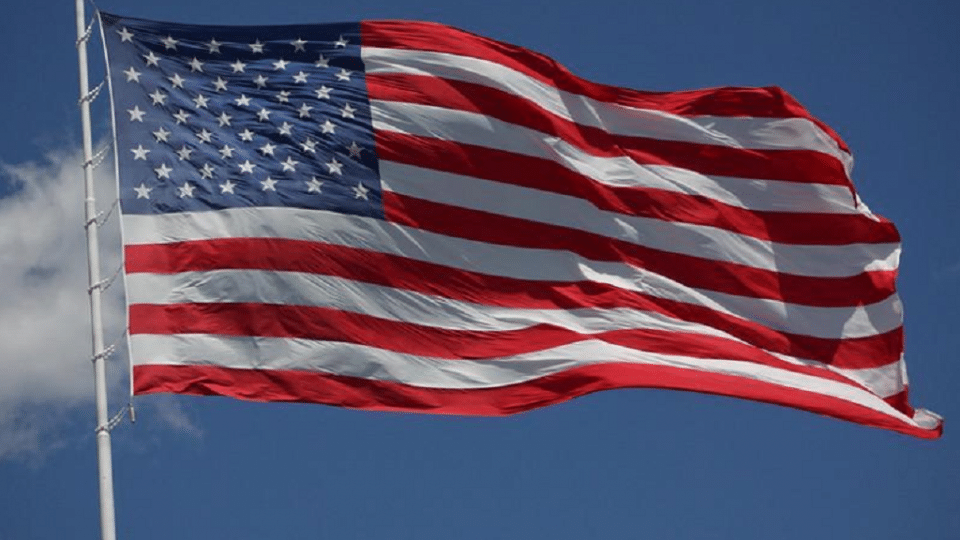Sports Betting in USA Is Exploding
The landscape for sports betting in the United States took a dramatic turn on May 14, 2018. That was the day that the United States Supreme Court struck down the Professional and Amateur Sports Protection Act (PASPA), a congressional law passed in 1992 that prohibited legal sports betting in all U.S. states save for Nevada. It is now up to each state’s lawmakers to determine whether sports betting will be legalized in their state.
Since that day, many states have made the move to legalize sports betting within their boundaries, though truth be told, many more have not. There might not be an industry in the USA today with a more astonishingly large potential for growth than sports betting.
That’s not to say the numbers aren’t already astounding. As more online betting sites gain legal status in states across the USA, the revenue being generated by sports betting is proving to be astronomical. By July of 2019, barely a year after the shackles were taken off countrywide wagering on sporting events, legal sports betting in the United States had generated $10 billion in wagering handle.
Table of Contents
Growing Steadily
Currently, there are 22 states, along with Washington D.C. and Puerto Rico that either currently permit the taking of bets or have passed laws to do so. Tennessee was the latest state to go live with legal sports betting on Nov. 1. Michigan is expected to add online and mobile wagering to in-person betting later this month and Virginia is moving toward a launch of legalized sports wagering.
Ohio and Massachusetts still have bills to legalize sports betting under consideration this year. Tribal casinos in North Dakota and Wyoming are also beginning to process to be able to legally accept sports wagers.
Eilers & Krejcik Gaming, a leading, objective source for analysis of the U.S. gaming industry, is projecting that by 2023, there will be 37 of the 50 U.S. states that will have approved the legalization of sports betting.
Legal sportsbooks in the United States generated $13 billion in handle last year. That number is expected to grow by six times that amount if all 37 states that are projected to do so come on board with legalized sports betting by 2023.
Which Sports Do Americans Bet?

In September, Eilers & Krejcik Gaming released the results of a survey of 3,000 Americans designed to unearth data on which people were betting on sports and on what sports they were betting.
“For all of the hype surrounding the spread of regulated sportsbooks, there’s still a massive amount of ambiguity around how Americans will actually interact with legal sports betting,” Chris Grove, a partner at Eilers & Krejcik and director of the firm’s sports betting practice, said in a statement. “Our latest survey provides an additional tool for anticipating how consumers are likely to respond to the rapid expansion of state-sanctioned betting on sports.”
Not surprisingly, the study revealed that the king of sports in America when it comes to sports betting is the NFL. Some 93 percent of mainstream bettors reported that they bet on an NFL game in the last 12 months. A bit of a stunner, though, and perhaps a wakeup call for betting sites, was how many acknowledged wagering on eSports. Betting on esports is more popular than some might imagine. There were 27 percent of mainstream bettors reporting that they’d wagered on an esports event within the last year.
Also, a note for states that are still debating whether to legalize sports – 40 percent of interested non-bettors reported that legalization would positively influence their attitude toward sports betting.
This is a sure sign that states who still are on the fence about legalizing sports betting are clearly leaving money on the table.
Sports Leagues On Board
Another significant change in the sports betting landscape is that the major sports leagues are strongly supporting the advent of gambling and even developing partnerships to work hand in hand with some of the top sports betting sites.
This is a complete 180-degree turn from their past approach. All of the four major North American sports organizations – the NFL, NBA, MLB and NHL – were adamant in their anti-gambling stance. There was a time when the commissioners of each sport would appear before Congress to argue against the legalization of sports betting.
Today, the NBA owns partnership agreements with BetMGM, DraftKings, theScore Bet and William Hill. FanDuel, BetMGM and William Hill are all official sportsbook partners of the NHL.
PointsBet, BetMGM, DraftKings, FanDuel, theScore Bet and BetCris are all partners of MLB. As for the NFL, the league is working with Caesars.
“The approach to the licensed sports betting has evolved as the league and teams entertain new fan engagement opportunities through commercial partnerships,” league spokesman Brian McCarthy told The Associated Press.
Instead of viewing sports betting as the enemy, professional leagues now see these sites as a method to grow their fan base.
“The new sports betting landscape presents a unique opportunity for fan engagement utilizing technology and data that are exclusive to our league,” NHL Commissioner Gary Bettman said in a statement. “Fan engagement, technological advancement and innovation are paramount to our progressive approach and will be at the forefront of everything we do.”
Mobilizing Access
Another reason to anticipate massive growth in the number of Americans betting on sports is right there in the hands of virtually everyone in the country – their mobile devices.
Currently there are approximately four billion smartphone users worldwide and that number is only expected to rise. The ability to access betting sites from any location and to live stream events on their phones means sports bettors are more frequently choosing to do their wagering via their mobile device.
With the advent of 5G technology, the popularity of mobile betting will grow even more exponentially in the future.


